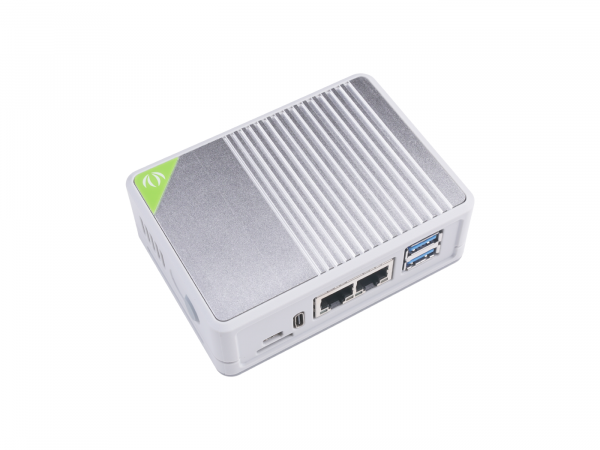Tech9
Part of the Furniture
I am planning on using my 86U as a access point with VLAN tags using this script as a basis
This part is a bit of inconvenience. Native VLAN support APs is much easier. Asus home router VLANs fight is model specific. I believe using home routers as APs is a transition step only for folks going towards router, switch and APs way.



